Algorithms GPT CLRS - Interactive Algorithm Learning

Welcome! Let's dive into the world of advanced algorithms.
Master algorithms through AI-driven guidance
Describe the key characteristics of efficient algorithms used in large-scale data processing.
Explain the significance of asymptotic notation in algorithm analysis.
Outline the differences between dynamic programming and greedy algorithms with examples.
Discuss the impact of NP-complete problems on computational theory and practical applications.
Get Embed Code
Introduction to Algorithms GPT CLRS
Algorithms GPT CLRS is designed to offer comprehensive insights and understanding of algorithmic concepts and applications, especially from the 'Introduction to Algorithms' by Cormen et al. It emphasizes clarity in the presentation of algorithmic solutions and mathematical analysis, making it highly suitable for both learners and professionals seeking deep knowledge in this area. Examples include detailed explanations of sorting algorithms, dynamic programming, and data structures, which illuminate complex concepts through practical scenarios. Powered by ChatGPT-4o。

Main Functions of Algorithms GPT CLRS
Algorithmic Explanation and Analysis
Example
Sorting algorithms like quicksort and mergesort are explained in detail, including their time complexities and practical implementation scenarios.
Scenario
Used in educational settings where students or programmers need to understand and implement efficient algorithms.
Complex Problem Solving
Example
Uses dynamic programming to solve complex problems such as the knapsack problem or finding the longest common subsequence, detailing both the strategy and mathematical reasoning behind the solutions.
Scenario
Helpful in competitive programming and real-world applications where optimal solutions are crucial.
Data Structure Insights
Example
Explains various data structures like heaps, trees, and graphs, including operations like insertions, deletions, and traversals, emphasizing their impact on algorithm efficiency.
Scenario
Beneficial for software developers designing systems requiring efficient data manipulation and retrieval.
Ideal Users of Algorithms GPT CLRS Services
Students and Educators
Ideal for those in academic settings who need a deep understanding of algorithmic concepts for courses and research in computer science.
Software Developers
Useful for professionals who need to implement efficient algorithms in software applications, ensuring optimal performance and resource management.
Data Scientists
Beneficial for data professionals who require efficient algorithms for data processing and analysis in large-scale data environments.

Guidelines for Using Algorithms GPT CLRS
1
Visit yeschat.ai for a free trial without login; no need for ChatGPT Plus.
2
Familiarize yourself with basic algorithmic concepts such as sorting, searching, and graph theory to effectively utilize the tool.
3
Utilize the tool for detailed explanations on algorithms, code examples, and specific application scenarios, leveraging its in-depth knowledge base.
4
Ask questions to refine your understanding of complex topics like dynamic programming, greedy algorithms, or computational complexity.
5
Explore exercises and problems provided to test and enhance your learning of algorithms and data structures.
Try other advanced and practical GPTs
Korean Bilingual Translator
Seamless Translation at Your Fingertips
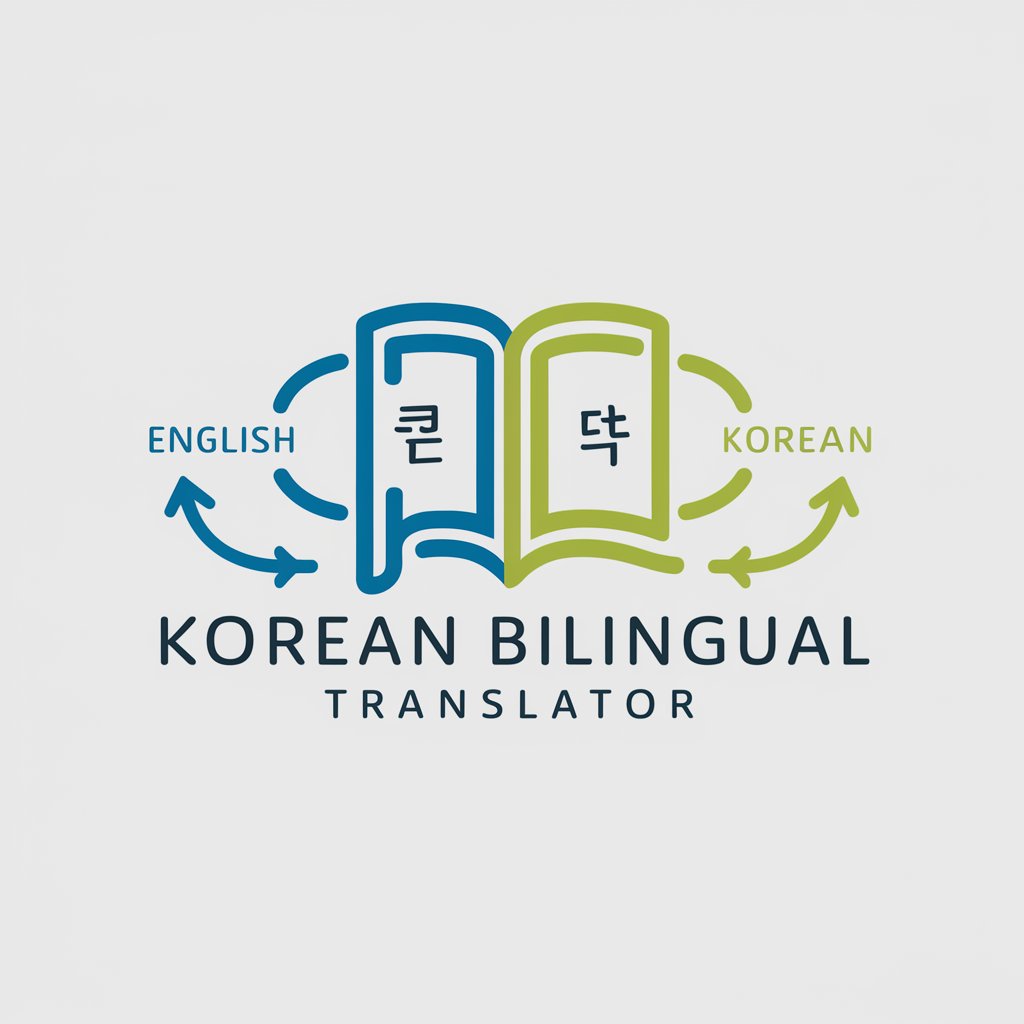
Matematica
Empowering mathematics with AI
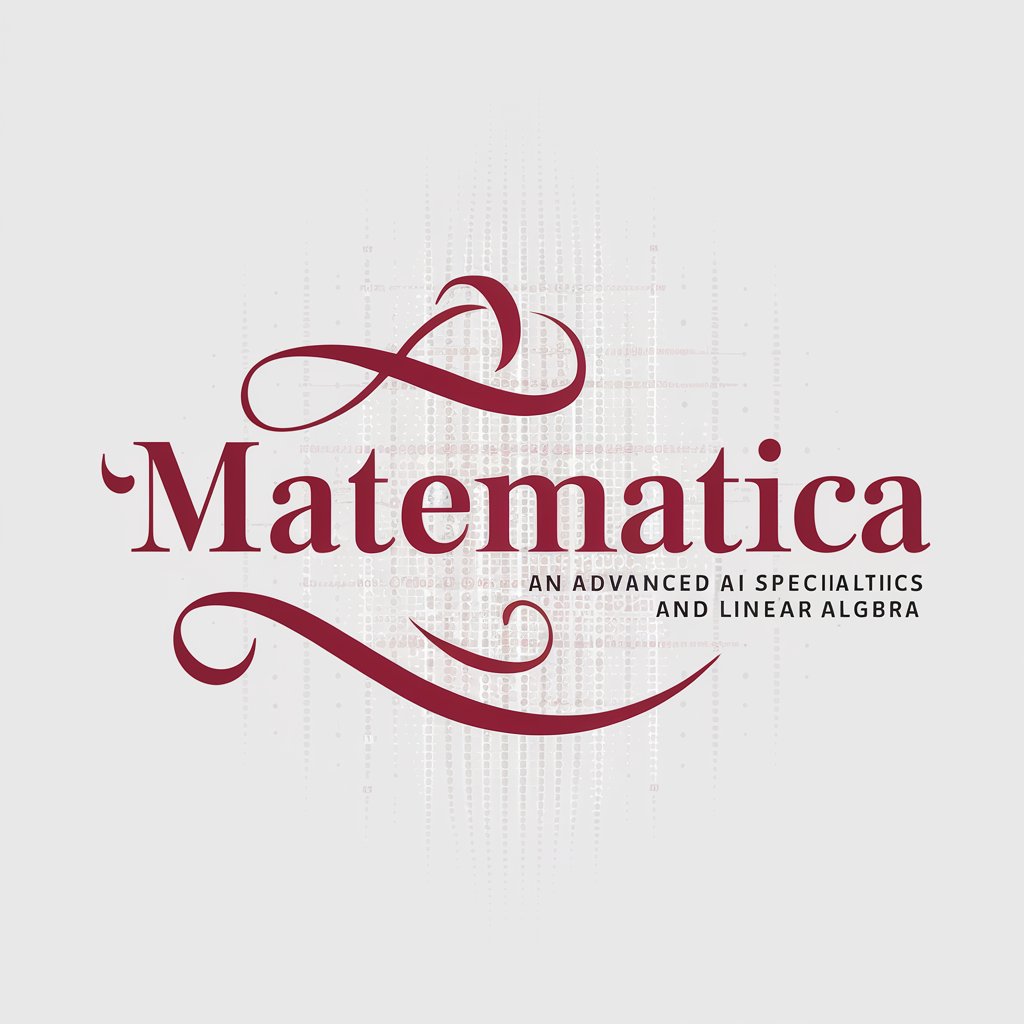
Structured Reflection Journal
Empower your learning with AI reflection.
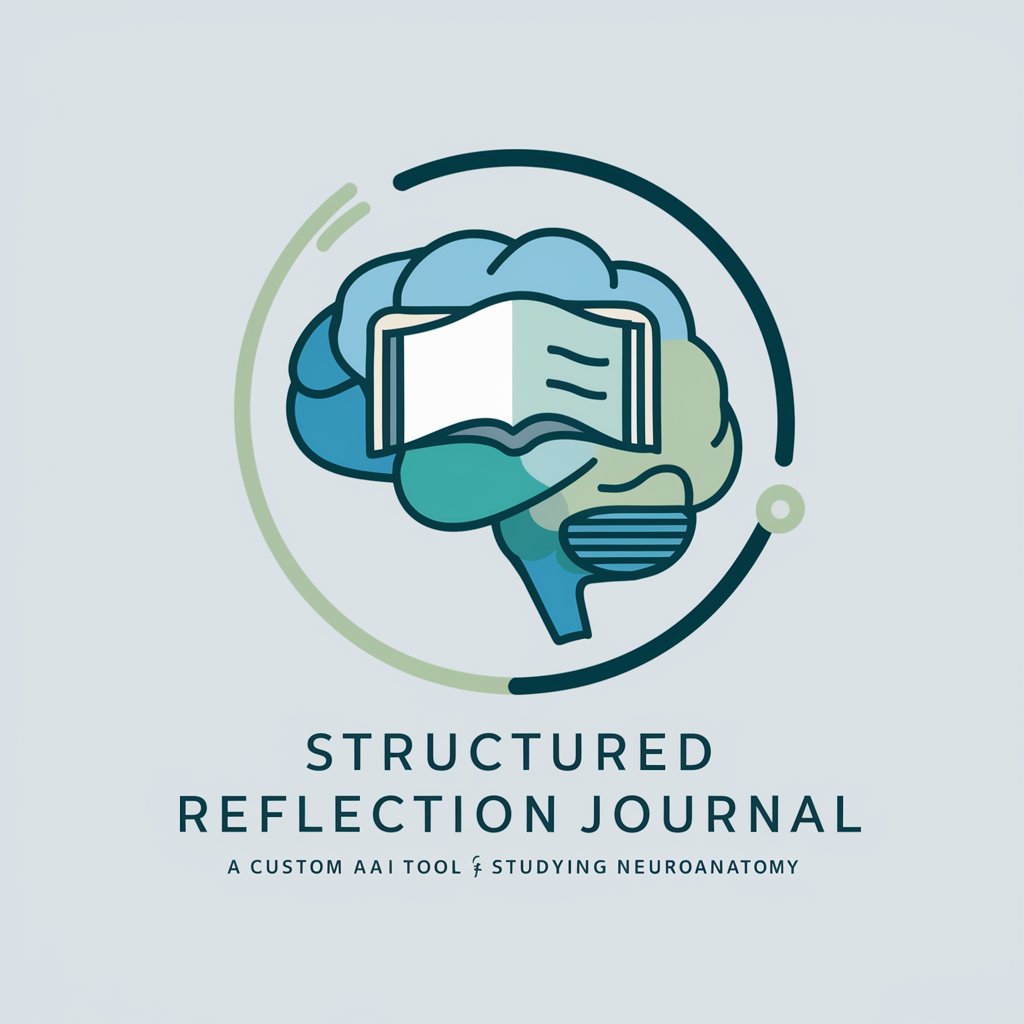
💻 Professional Coder by awesome-prompts
Empowering your code with AI

Python Prodigy X
Elevate Your Projects with AI-Powered Innovation
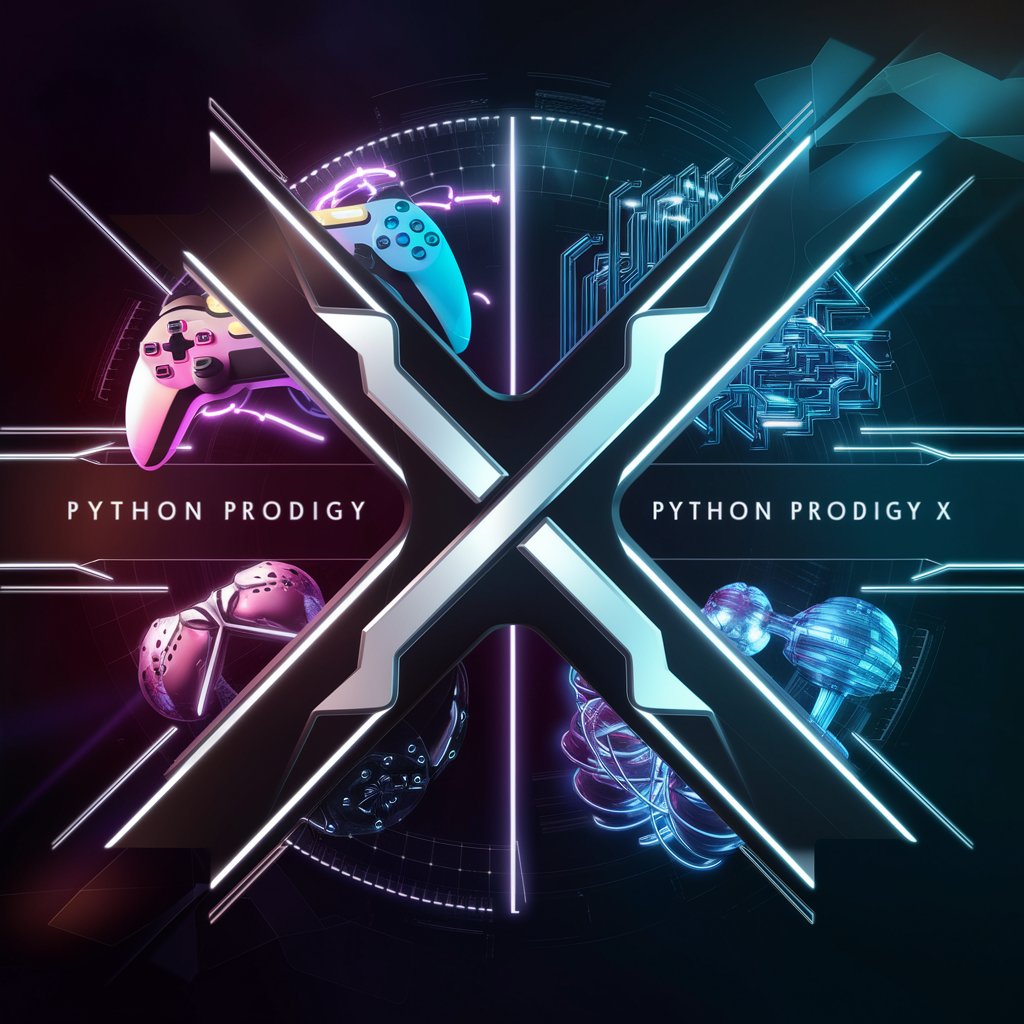
Enhanced tech 2
Empower your words with AI
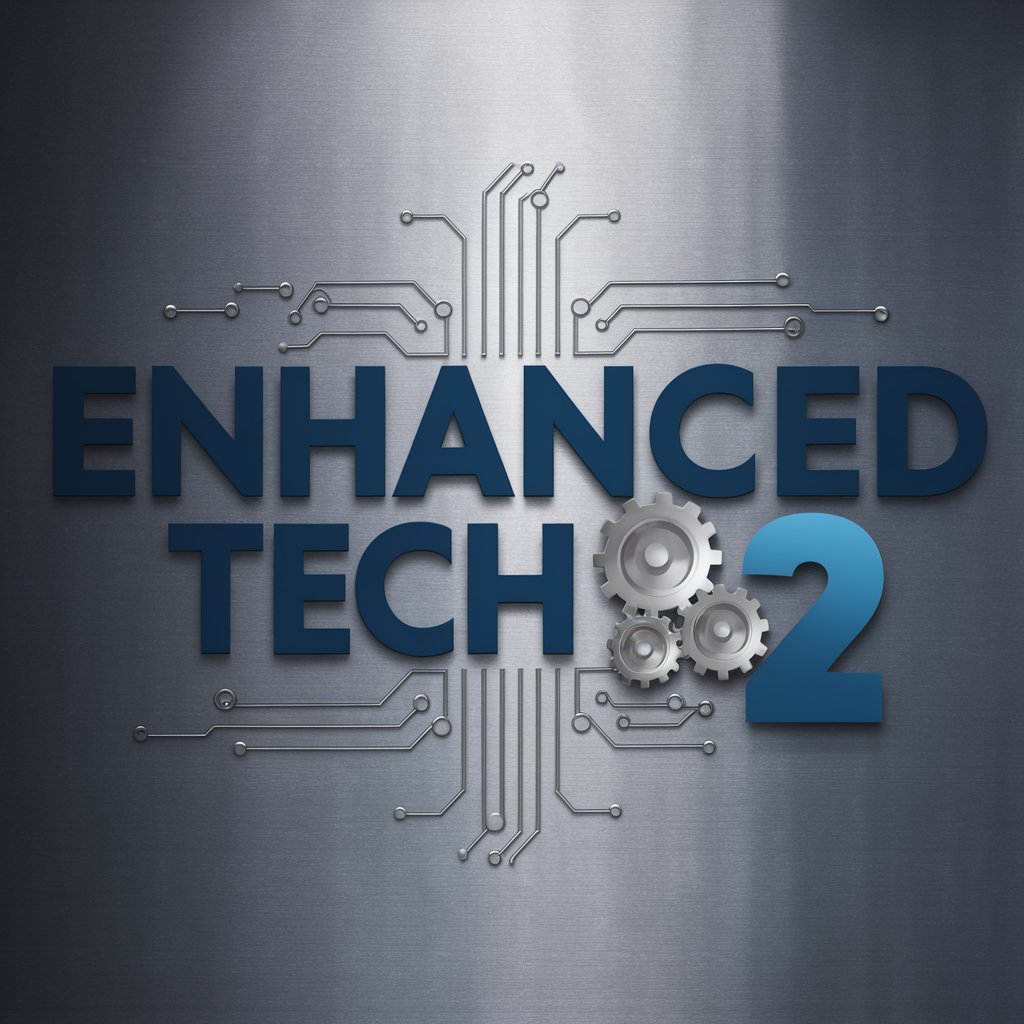
GPT Book Pro
Empower Your Writing with AI
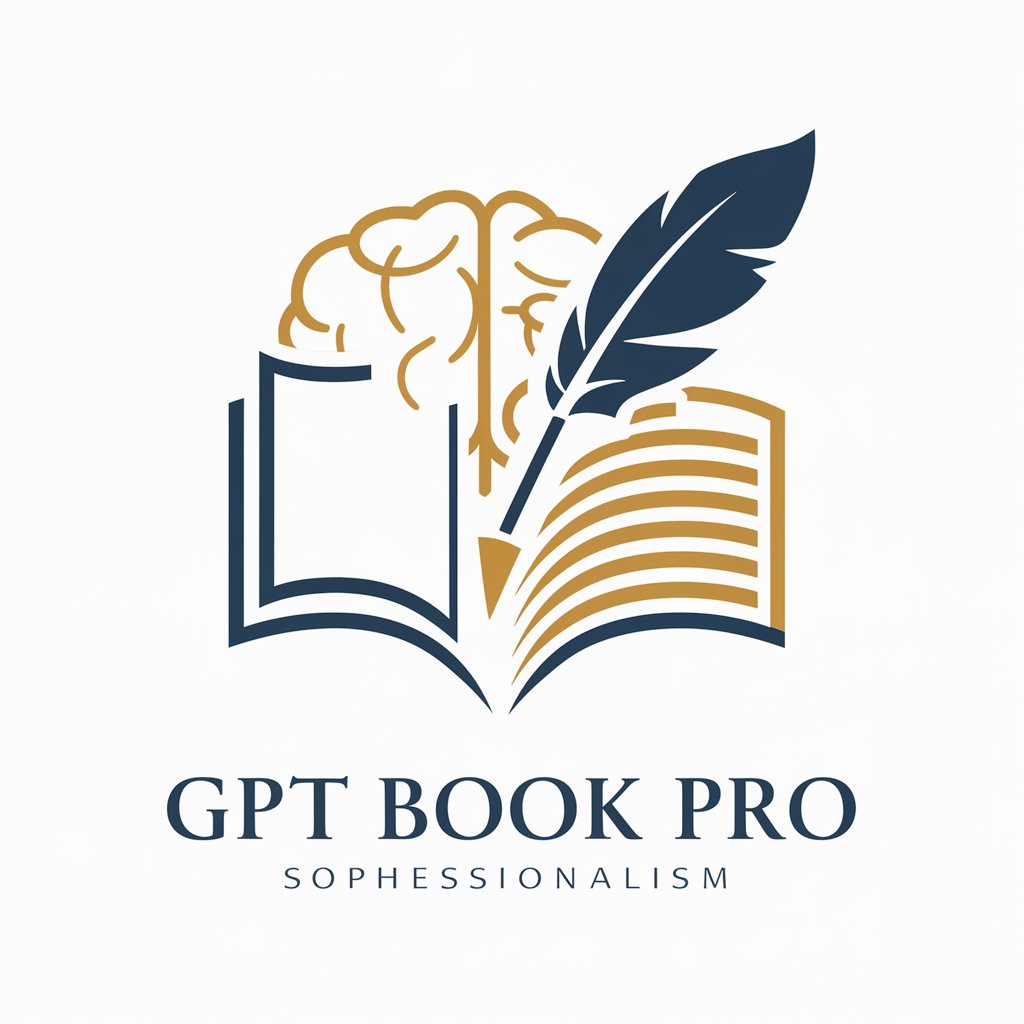
Zabbix Guru
Elevate Monitoring with AI
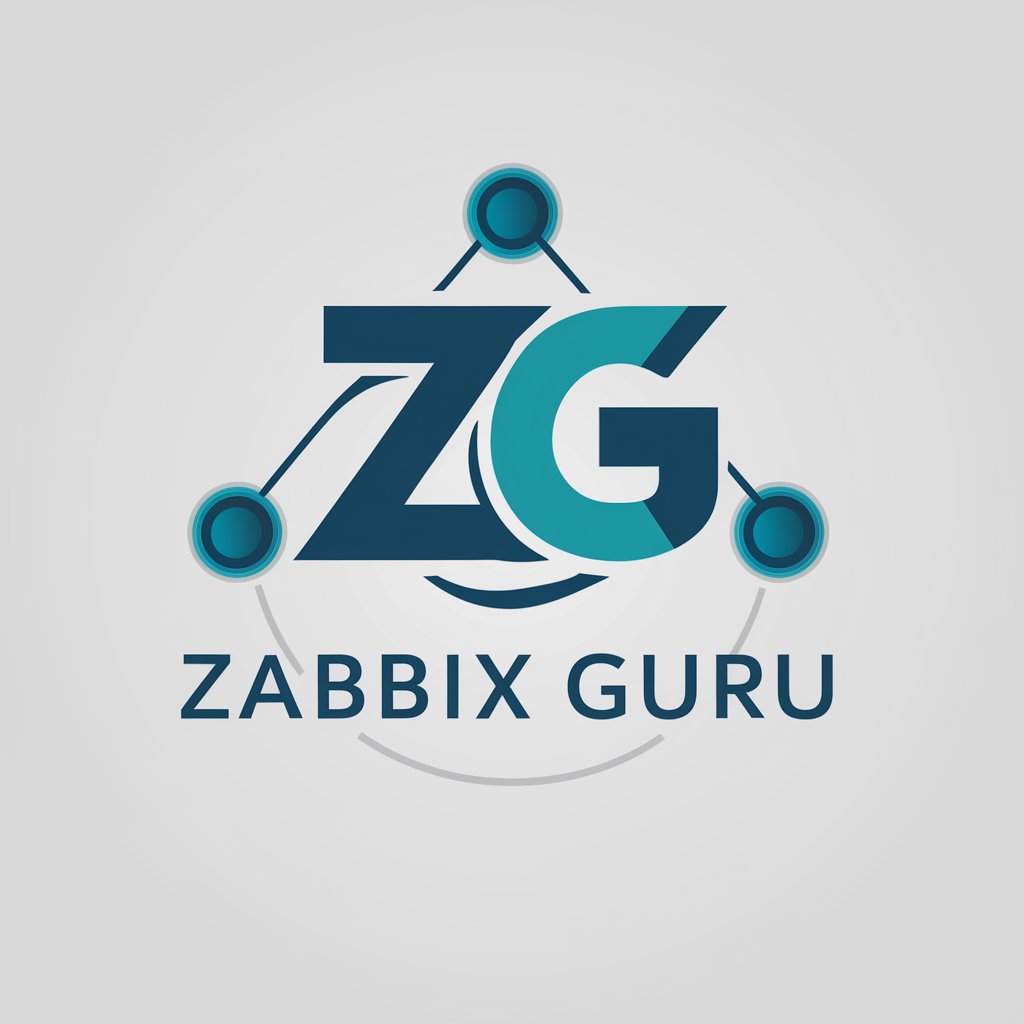
ENEB
Empower Your Career with AI-Driven Business Education
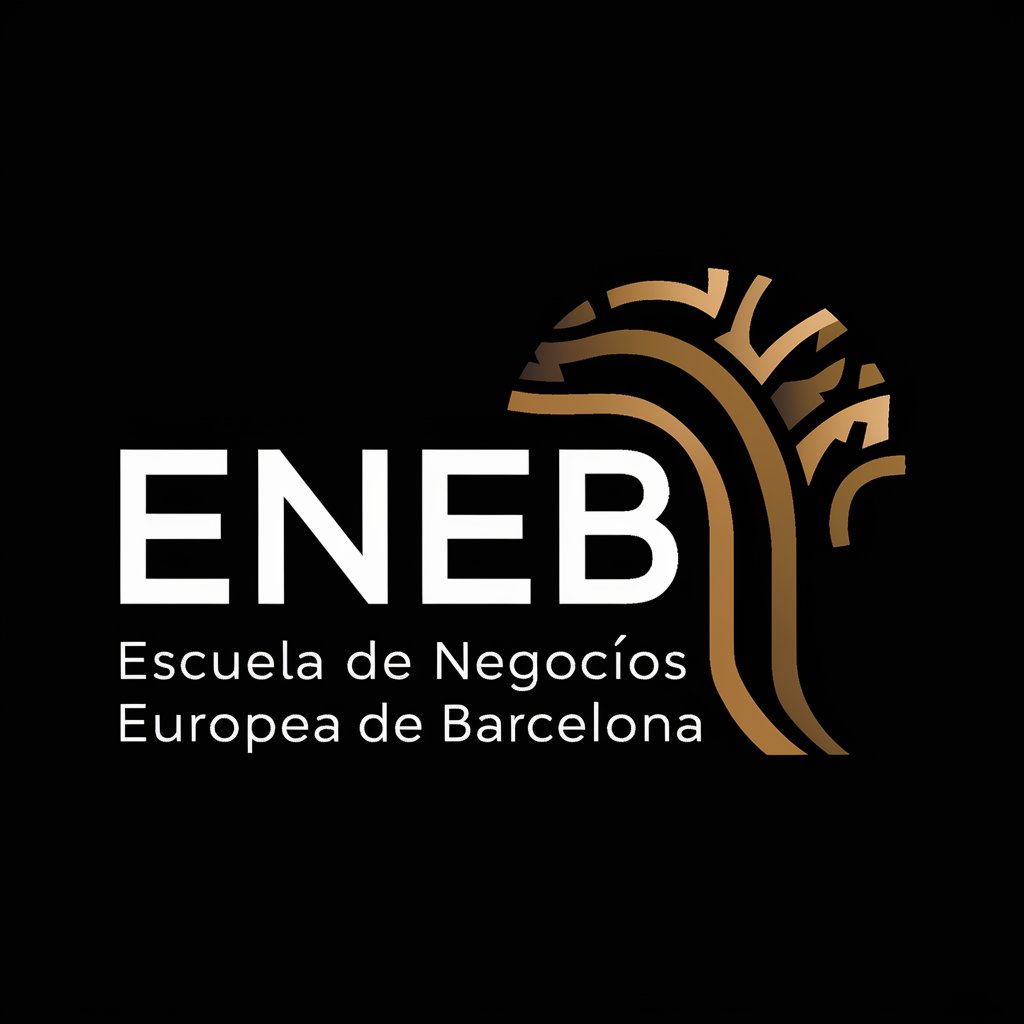
高情商聊天
Empower Your Conversations with AI
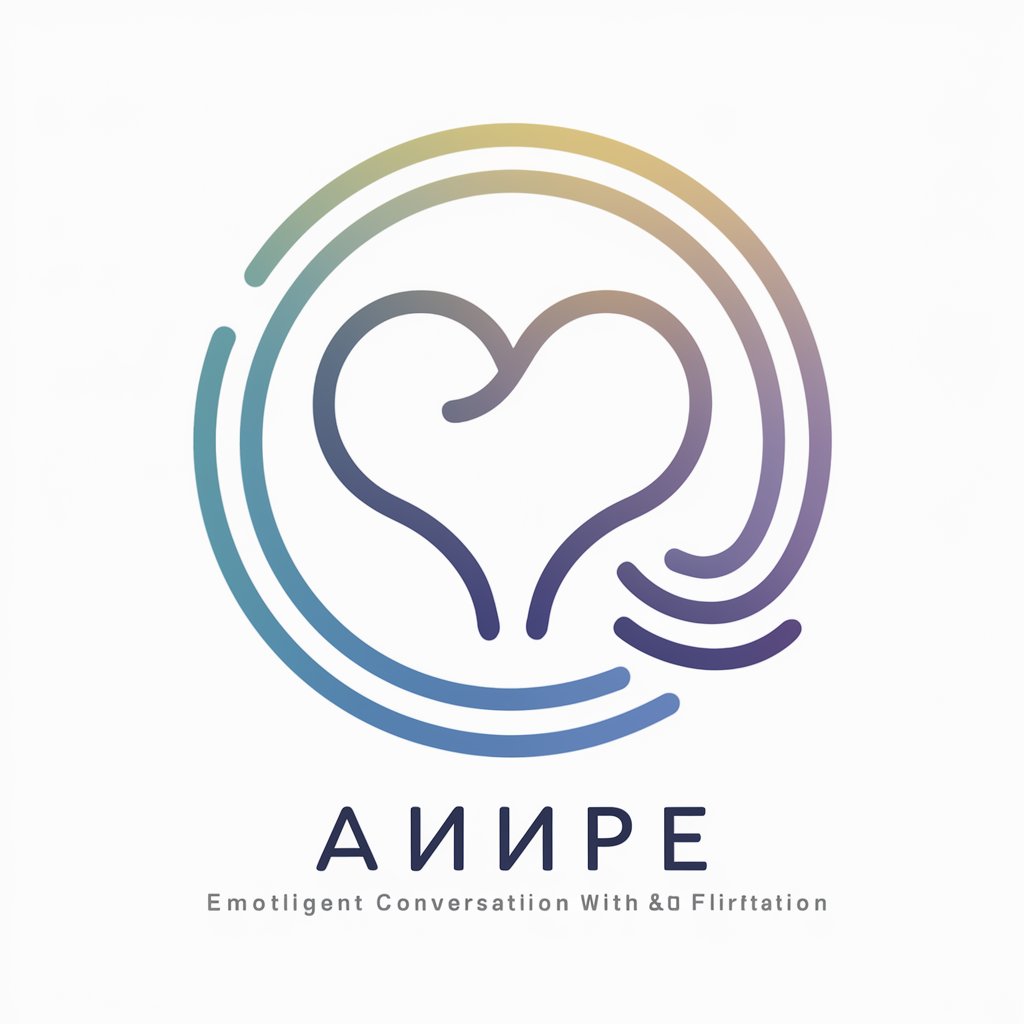
Academic Figure Analyst
AI-powered insights for academic figures.
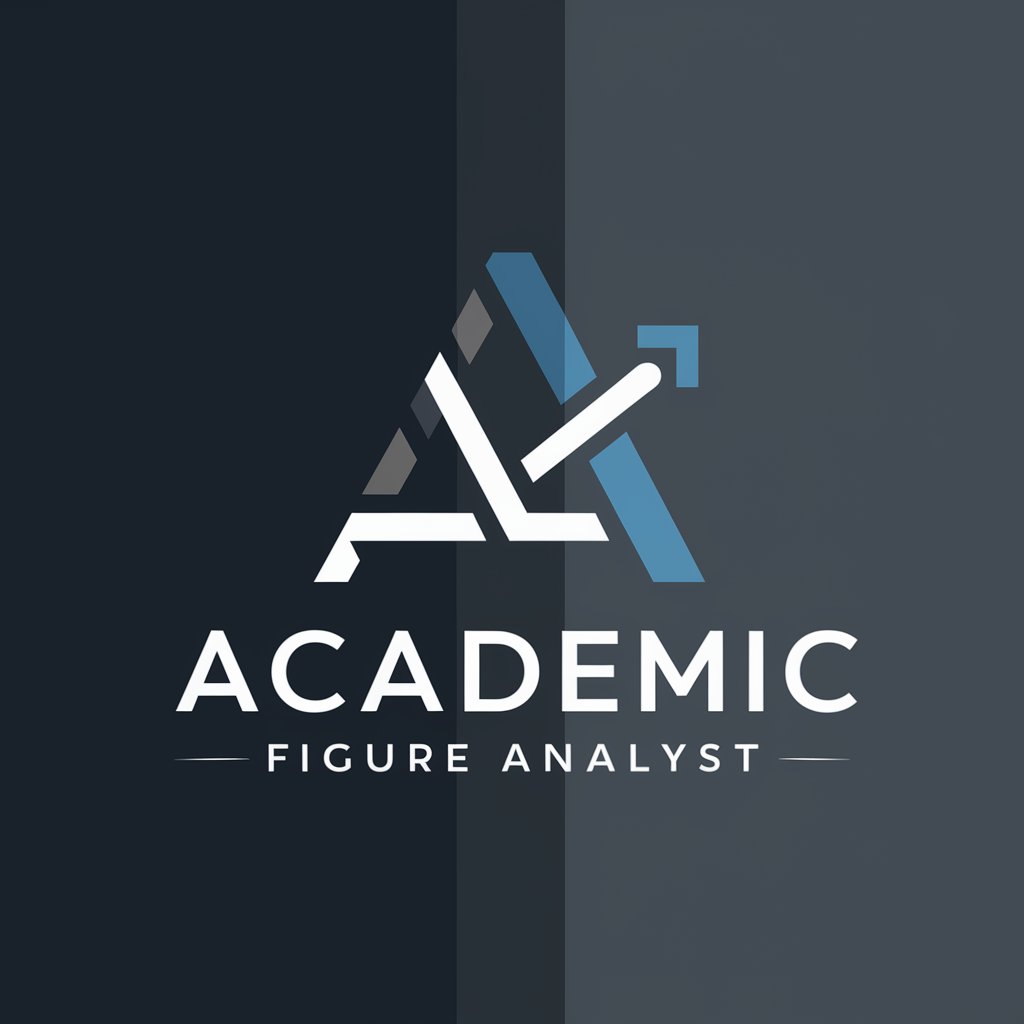
Consultor Mulesoft Architect de Ingeniero Binario
AI-Powered Mulesoft Expertise

Detailed Questions and Answers on Algorithms GPT CLRS
How does Algorithms GPT CLRS handle user queries about complex algorithmic problems?
Algorithms GPT CLRS processes user queries by understanding the underlying algorithmic concepts and providing detailed explanations, pseudocode, and complexities.
Can Algorithms GPT CLRS provide real-time code examples for specific algorithms?
Yes, it can generate real-time code examples for various algorithms, offering insights into practical implementations and modifications.
What type of algorithmic content can I explore with Algorithms GPT CLRS?
You can explore a wide range of content including sorting algorithms, graph theories, computational geometry, and more advanced topics like NP-completeness.
Is Algorithms GPT CLRS suitable for academic use and research?
Absolutely, it is designed to assist in academic learning and research, providing detailed discussions, problem-solving techniques, and extensive documentation references.
How does Algorithms GPT CLRS stay updated with the latest developments in algorithms?
While it relies on static resources like the CLRS book for algorithmic fundamentals, for the latest trends and updates, it incorporates current practices and examples where applicable.
